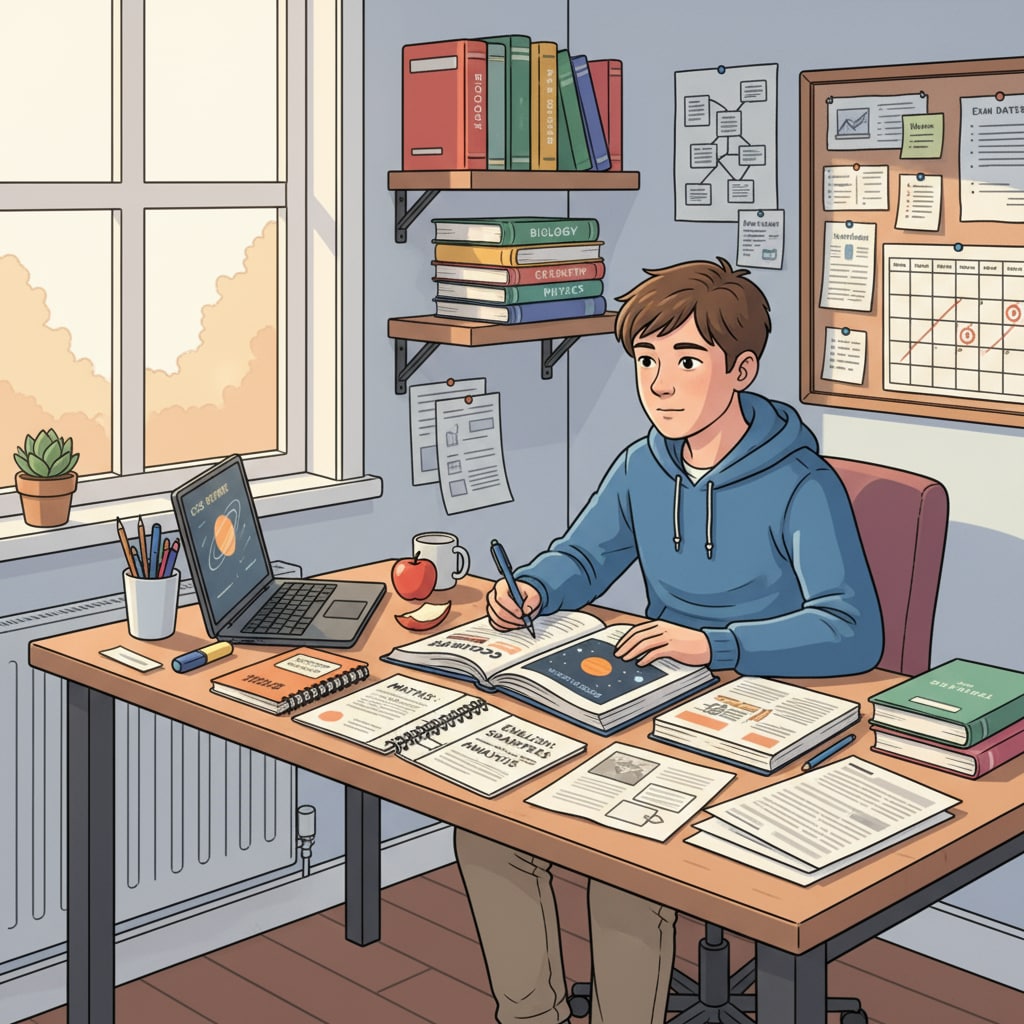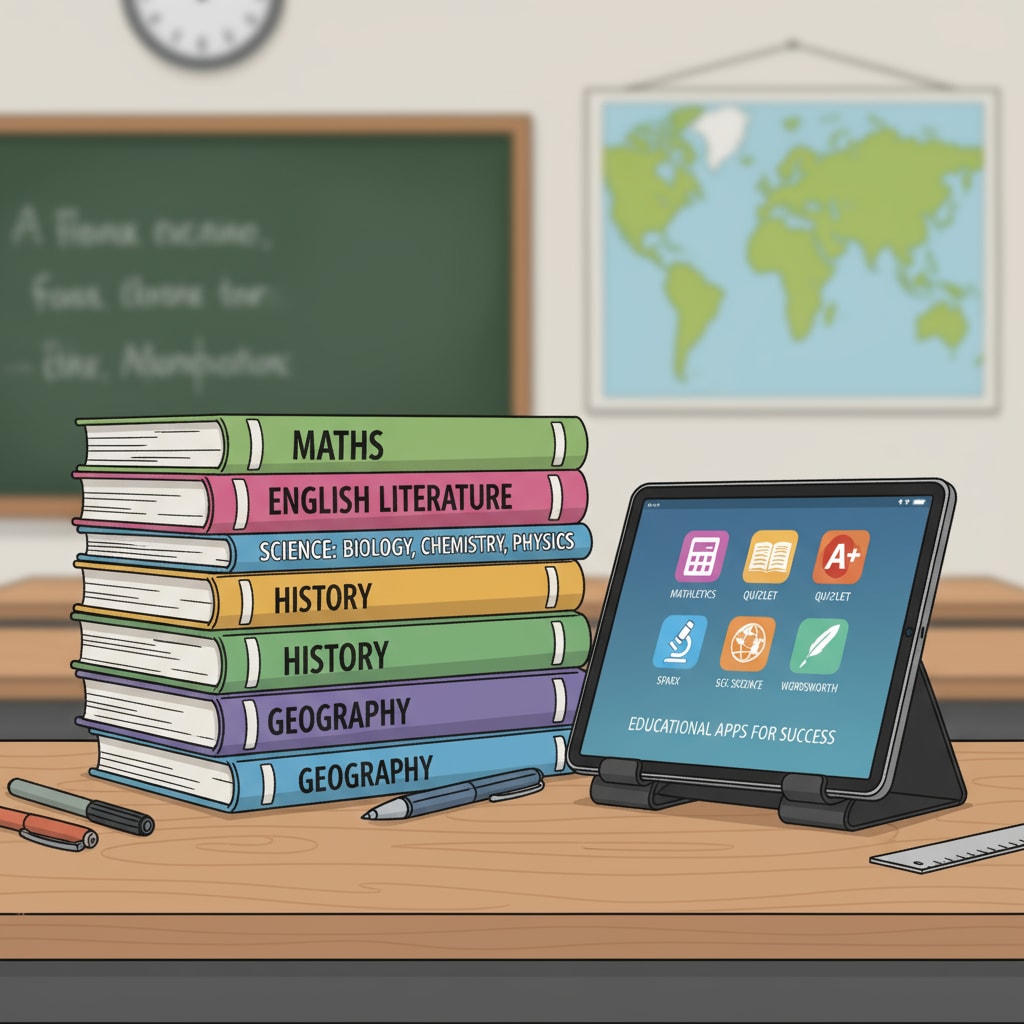For teenagers who have experienced education gaps, finding suitable self-study resources and creating a proper study plan for GCSE exams can be a challenging yet rewarding journey. This article will guide you through the process of rebuilding your learning foundation and getting ready for these important exams.

Understanding the Education Gap
First, it’s crucial to recognize the extent of your education gap. This could be due to various reasons, such as illness, family issues, or other unforeseen circumstances. Take the time to assess which subjects you’ve fallen behind in and what specific knowledge areas need improvement. For example, if you’ve missed a significant portion of math lessons, you might struggle with algebraic equations or geometric concepts. Understanding these gaps will help you target your self-study efforts more effectively. As a result, you can allocate your time and resources more efficiently.
Finding Reliable Self-Study Resources
There is a wealth of self-study resources available for GCSE preparation. Online platforms like BBC Bitesize (https://www.bbc.co.uk/bitesize/subjects/gcse) offer comprehensive study materials, including video tutorials, quizzes, and revision notes for all major GCSE subjects. Textbooks are also invaluable. You can borrow them from your local library or purchase second-hand ones. Additionally, educational apps such as Duolingo for languages or Photomath for math can provide extra practice. These resources will serve as your building blocks to fill the education gaps and enhance your understanding of the subjects.

Creating a Structured Study Plan
Once you have your resources, it’s time to create a study plan. Start by setting realistic goals. For instance, aim to cover a certain number of topics each week. Break down your study sessions into manageable chunks, around 30 – 45 minutes each, to maintain focus. Allocate specific time slots for each subject, giving more time to the ones you find more challenging. Make sure to include regular breaks to avoid burnout. A well-structured plan will keep you on track and help you make steady progress towards your GCSE exams.
Readability guidance: As you can see, by understanding the education gap, finding suitable resources, and creating a proper study plan, teenagers with educational interruptions can gradually catch up with their peers and be well-prepared for GCSE exams. This journey may be tough, but with determination and the right approach, success is within reach.


